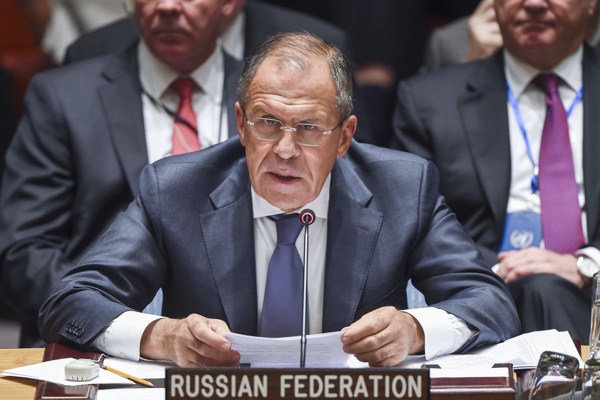Is Russia a rogue power bent on ripping up the international rulebook? Or is it a master of diplomatic brinksmanship with an uncanny knack for turning multilateral negotiations to its advantage? Commentators in the United States and Europe increasingly fear that Moscow is set on a destructive course. Yet Western diplomats at the United Nations are frequently impressed by their Russian counterparts’ maneuvers.
Last month, the Russians pulled off two small diplomatic coups in the Security Council. Shrugging off tensions over Ukraine and Syria, they initiated a resolution in early February aimed at cutting off funding to the so-called Islamic State (IS) and other Islamist groups in Syria and Iraq. If Moscow was trying to signal that it could still play nicely at the U.N., it was also warming up for a bigger and more controversial diplomatic bid.
On Feb. 13, the Russians tabled a resolution supporting the so-called Minsk II agreement on a cease-fire in eastern Ukraine agreed with France and Germany the day before. While this looked like another conciliatory gesture, it had distinctly unpleasant overtones.

